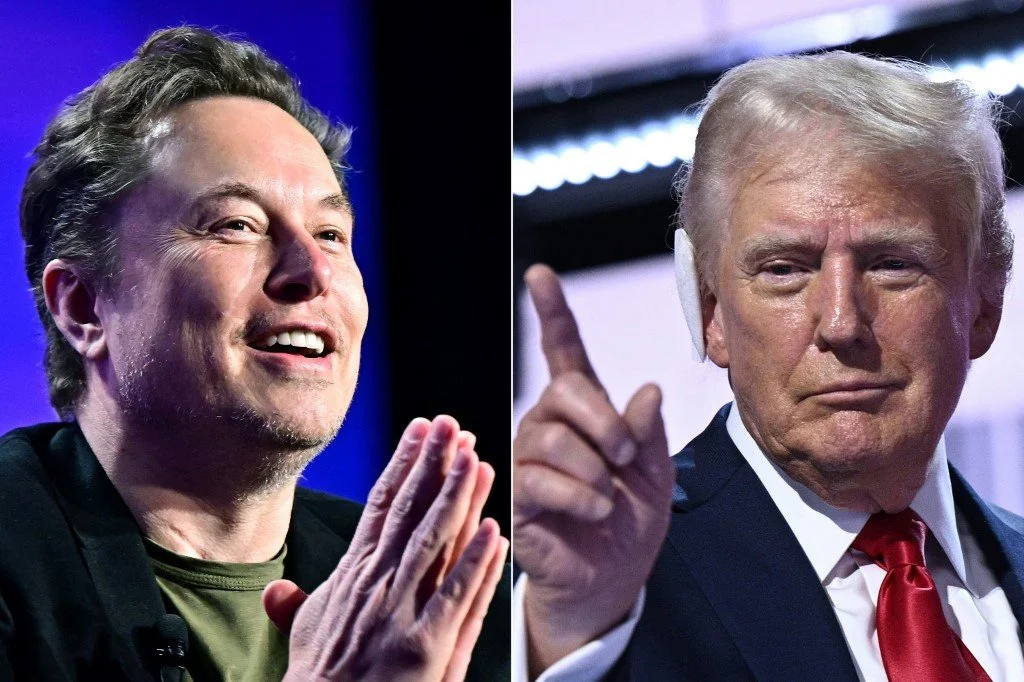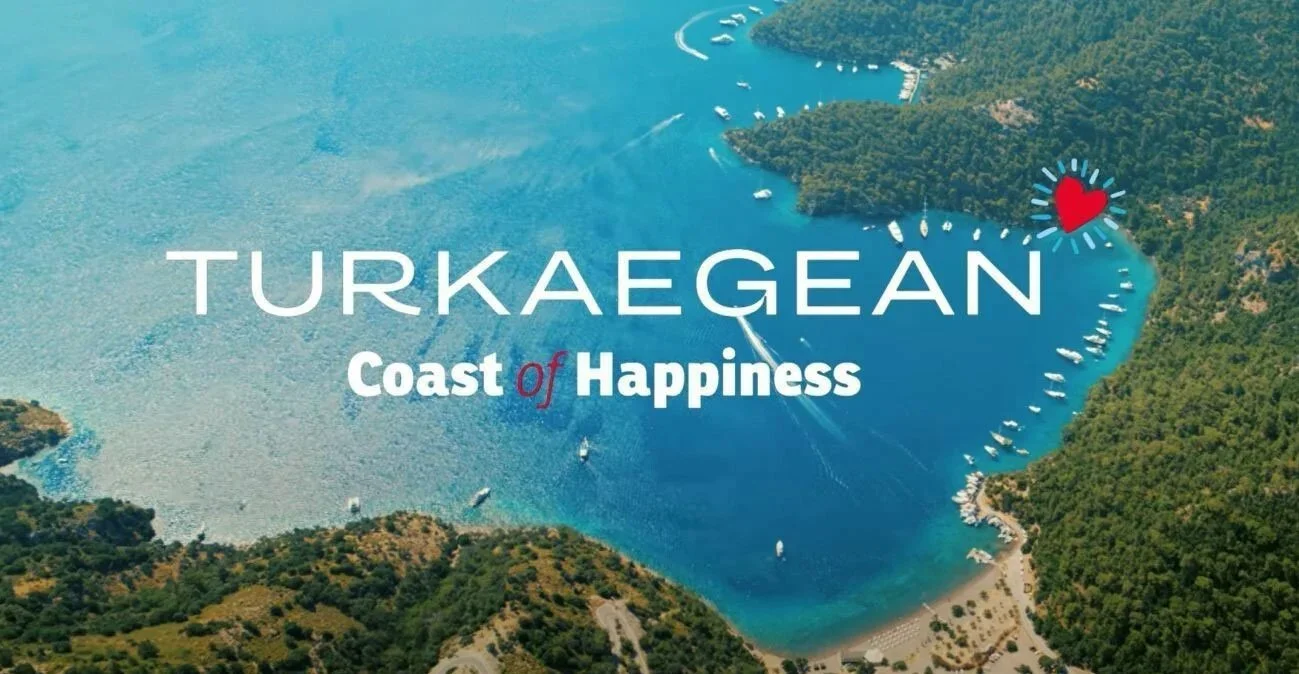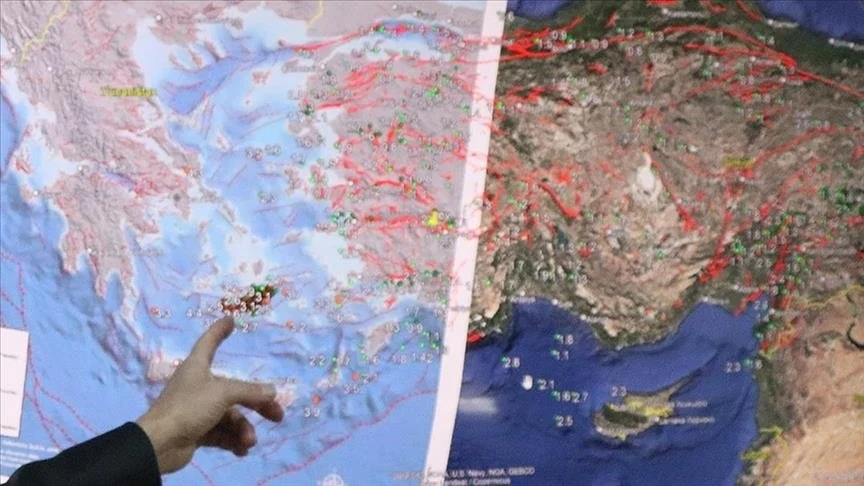Facing accusations of election interference, the European Union on Tuesday scrambled to downplay threats of censorship issued by Thierry Breton, the EU's internal market commissioner, in response to Elon Musk's interview with former President Donald Trump.
Breton's actions triggered panic within Brussels as it emerged that he had allegedly acted on his own, sending a letter to Musk before Trump's live, uncensored conversation on X (formerly Twitter). In the letter, Breton threatened to use the full extent of the EU’s Digital Services Act (DSA) if the interview violated EU regulations on hate speech, disinformation, or content deemed harmful to “civic discourse and public security” in Europe.
However, a report from POLITICO on Tuesday revealed that Breton's threats were issued without the approval of European Commission President Ursula von der Leyen. The report cited “four separate EU officials,” who anonymously criticized Breton's actions, with one stating, “The EU is not in the business of electoral interference. DSA implementation is too important to be misused by an attention-seeking politician in search of his next big job.”
Breton's letter sparked significant backlash, including from Musk, who responded by sharing a meme from the film Tropic Thunder with the caption, “Take a big step and literally, fuck your own face!” X CEO Linda Yaccarino also condemned the letter, accusing Breton of “an unprecedented attempt to stretch a law intended for Europe to political activities in the US.”
Support for Musk also came from Eurosceptic politicians, including Italian Deputy Prime Minister Matteo Salvini, who labeled Breton's threats as “surreal and venomous” and reiterated his opposition to the EU’s DSA restrictions. Former British Prime Minister Liz Truss added her voice to the criticism, decrying the attacks on free speech in Europe and Britain.
Despite efforts to distance the EU from Breton's letter, Musk’s X platform remains under scrutiny by Brussels and could face penalties under the DSA, including fines of up to six percent of global revenue or even suspension if found guilty of spreading disinformation.









